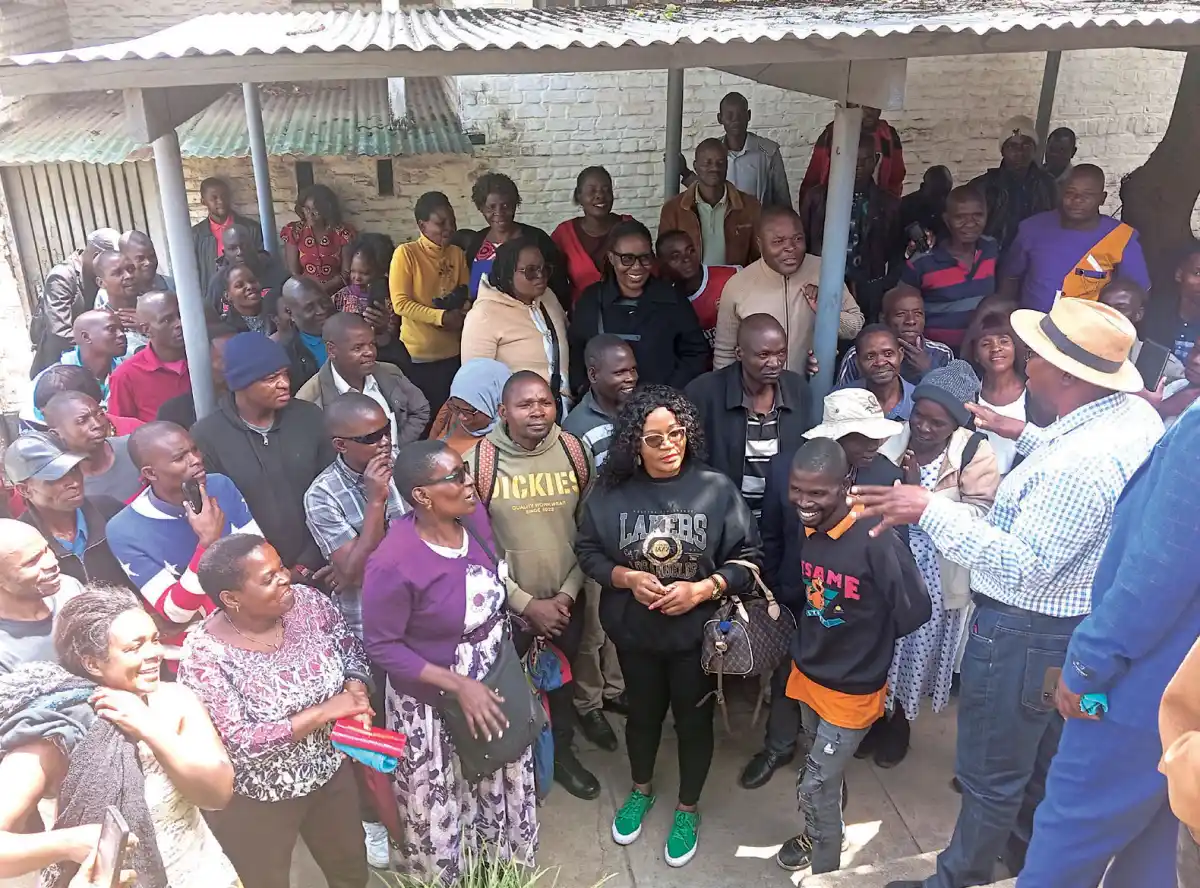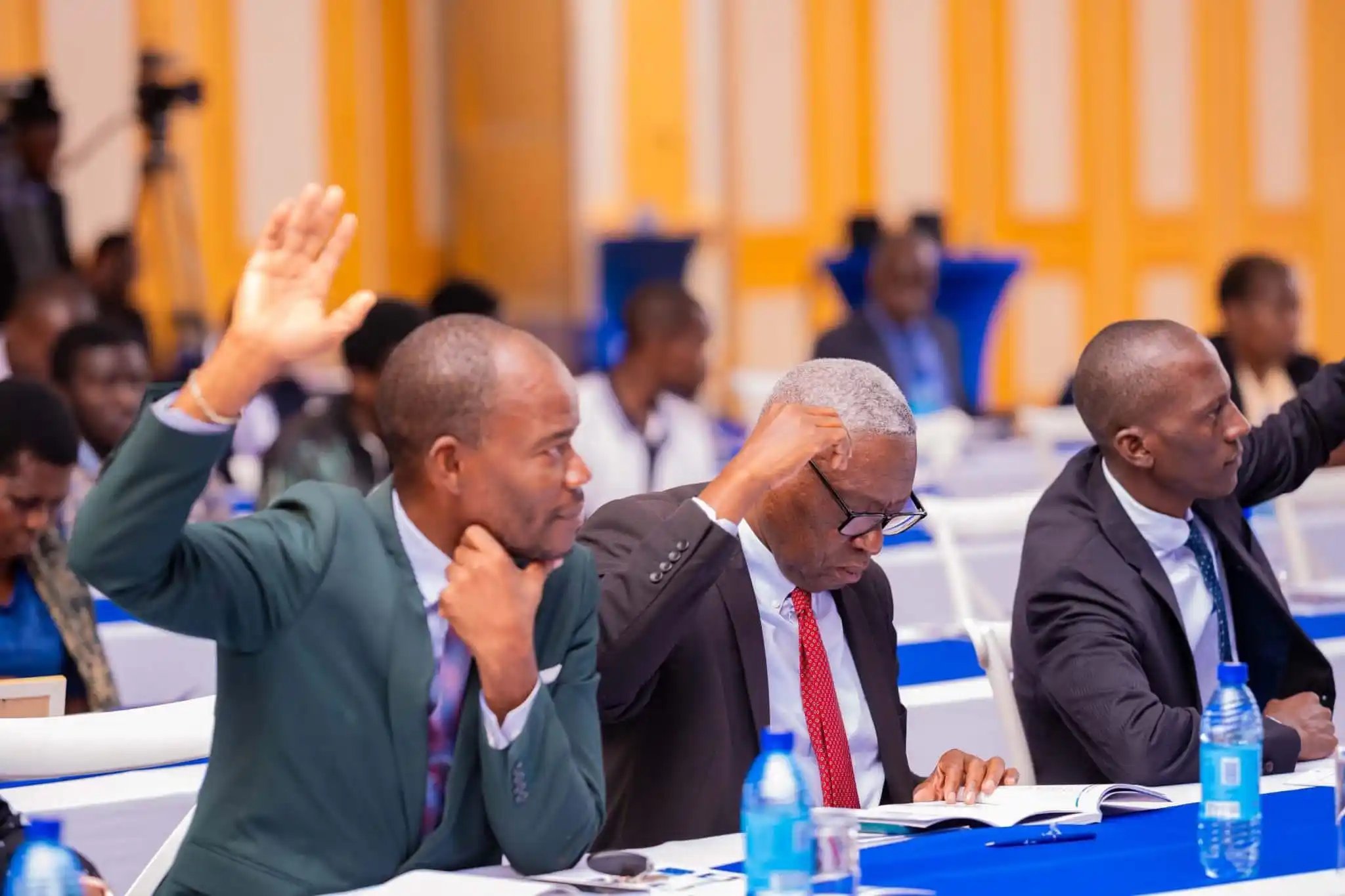
By Isaac Salima:
The High Court sitting in Blantyre has rejected Agricultural Development and Marketing Corporation (Admarc)’s application to stop enforcement of payment of the whole amount of compensation to its fired employees.
Admarc had taken the matter to the High Court after the Industrial Relations Court (IRC) dismissed the application.
In November this year, IRC ordered the grain trader to pay the former employees about K25 billion over unsafe and unfair labour practices.
However, the company applied for an order of stay of execution at the High Court.
The IRC ordered Admarc to pay the employees over K18 billion for unsafe and unfair labour practices, in which the employees—who are 3,282 in total—were to get about K5.5 million each.
The court also asked lawyers for both sides to sit down and decide on how much should be paid to the ex-employees as minimum compensation for unfair dismissal.
In that case, the ex-employees initially came up with the amount of K7 billion, totalling about K25 billion.
IRC had, through its deputy chairperson Tamanda Nyimba, ordered Admarc to pay 50 percent of the awarded amount—which is about K12.5 billion—to the employees pending the appeal.
A ruling delivered by High Court judge Allan Muhome has since upheld IRC’s determination that Admarc should pay the claimants 50 percent of the amount within 14 days.
It has also dismissed another application to stop enforcement of the whole amount of K25 billion to the ex-employees.
Among its arguments, the respondent’s lawyers told the court that the government-owned firm was not in a good position financially to settle the amount.
However, the court quashed the application, saying financial incapacity cannot be a good ground for granting a stay order as there are plenty of financing options on the market.
“Admarc is a limited liability company with its own assets that can satisfy the judgement debt and it is distinct from its shareholders. The provisions of the Public Finance Management Act do not suggest that State-owned enterprises should ignore judgement debts which are part of the rule of law,” the ruling says.
Lawyer representing the ex-employees, Ackim Ndhlovu, said they were happy that they were making progress on the matter.
Representing Admarc, lawyer Francisco Chikabvumbwa said they were waiting for direction from their client.
“We informed and advised our client that the High Court declined the application to stay enforcement of payment of the whole sum and upheld the stay of 50 percent of the sum as ordered by IRC.
“We, in the meantime, await further instructions from the client. On what we will do next, [that] will depend on the client’s instructions,” he said.
In 2022, Admarc retrenched all its employees as part of its restructuring process.
However, led by Malikebu, the employees challenged the decision in court claiming that it bordered on unfair dismissal.
The court agreed with their applications.
The High Court ruling has also faulted the-then minister of Agriculture Robin Lowe for acting beyond his powers when he announced the retrenchment news at a press briefing.
“The respondents were not consulted as they were simply sent on leave and, later, retrenched through a ministerial statement. The minister was not part of the Board of Admarc and, so, he clearly acted ultra vires,” the ruling says.
The ruling was delivered on December 23 2024, meaning that Admarc has until January 6 2025 to pay the former employees half of the ordered amount.







0 Comments